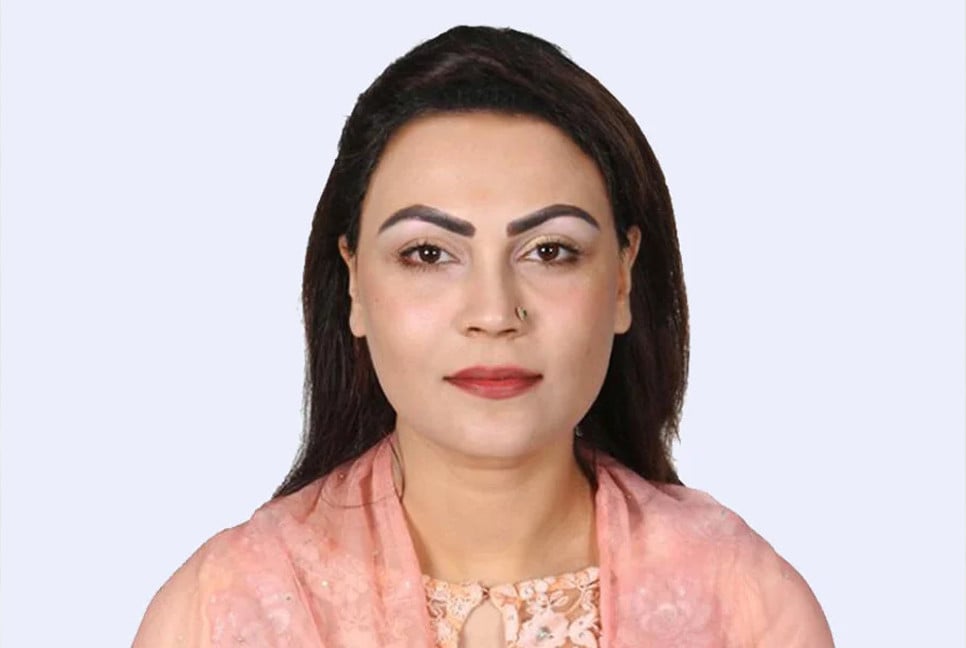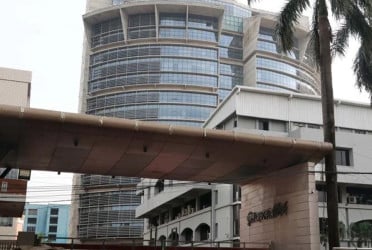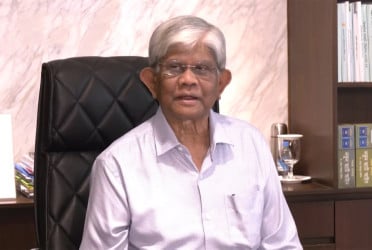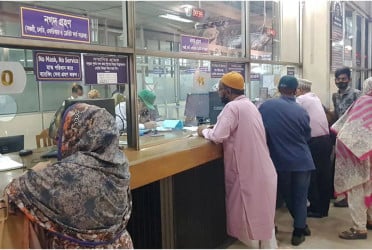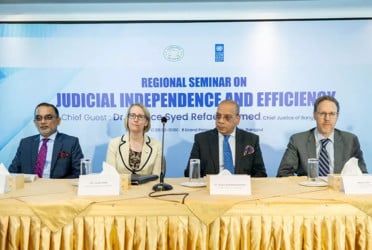The Judicial Reform Commission report recommends that a written agreement be in place to ensure transparency in determining lawyer fees.
According to the agreement, a receipt must be given to the client for each fee payment. The receipt must include the amount of the fee, the date of payment, details of the case concerned, and the lawyer's signature.
The commission recommends establishing of a permanent training institute for improving quality of lawyers. The commission also recommends establishing of at least five in Dhaka and one in each district, aiming at resolving of complaints.
At present, one has to pass in seven subjects to obtain license as a lawyer and these are the Code of Civil Procedure, Code of Criminal Procedure, Penal Code, Limitation Act, Specific Relief Act, Evidence Act, and Bar Council Orders & Rules. However, the commission recommended changes in its syllabus.
Citing examples from various neighboring countries, the reform commission’s recommendation in this regard said that considering the type of cases prevalent, it is necessary to include more in the syllabus for obtaining a license. The report mentioned of Family Law, Money Loan Court Act, Negotiable Instrument Act, Narcotics Control Act, and Bangladesh Labor Law especially as subjects that could be added in the examinations. It is to give lawyers a proper understanding of the current state structure and fundamental rights.
Regarding training, the recommendation says that it is necessary to establish a permanent training institute to improve the professional development of lawyers. Compulsory training should be provided in the first six months after enrolment as a lawyer in terms of ‘socio-economic and professional realities’.
Stating that the rate of complaint resolution is unsatisfactory, the report said that the The Bangladesh Legal Practitioner's and Bar Council Order and the rules formulated thereunder provide for filing complaints against professional misconduct of lawyers and resolution of complaints through tribunals.
However, according to the Bar Council, only 40 out of 401 complaints filed between 2020 and 2024 have been resolved. Therefore, the number of tribunals should be increased immediately considering the number of lawyers and the number of complaints filed.
The Judicial Reform Commission has highlighted the necessity of updating the professional rules for lawyers. Taking the current disciplinary problems in the profession into account, the commission recommends including additional rules and regulations.
In addition, emphasis should be placed on the proper implementation of these professional rules, the report continued.
The recommendations further states that the Bar Council order should have a clear definition of professional misconduct by lawyers. The definition should include intentional or gross negligence in the performance of professional duties, dishonesty, corruption, acts contrary to the interests of the client, advice to violate the law, disrespect for the court, misconduct towards colleagues and violation of the Bar Council’s instructions.
The report also mentioned the need to update the provisions of fines by considering the extent of personal and professional losses suffered by the lawyer due to filing false or harassing allegations against the lawyer.
The report of the Reform Commission has asked to install sufficient CCTV cameras in the courtroom as well as in other important places of the court to investigate the allegations of misconduct fairly and effectively.
The Judicial Reform Commission submitted its report to the Chief Advisor to the Interim Government Dr Muhammad Yunus, on February 5. The eight-member commission, led by Justice Shah Abu Naeem Mominur Rahman, was formed on October 3 last year. The 352-page report has 31 chapters, outlining various recommendations and proposals on judicial reforms.
Translated by Afsar Munna













